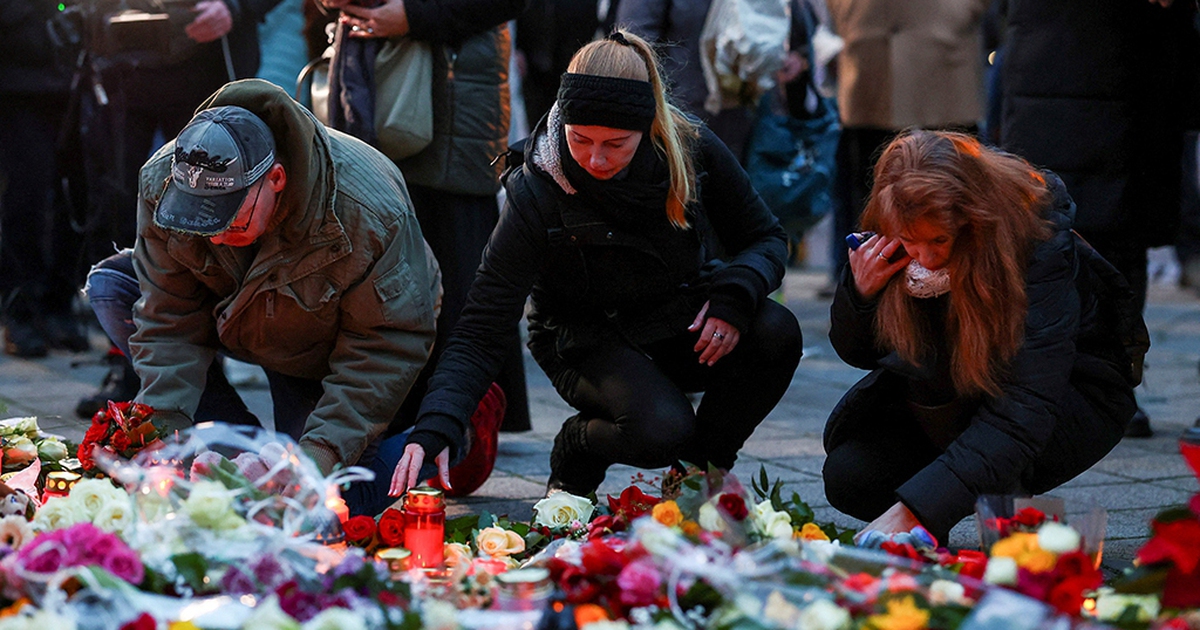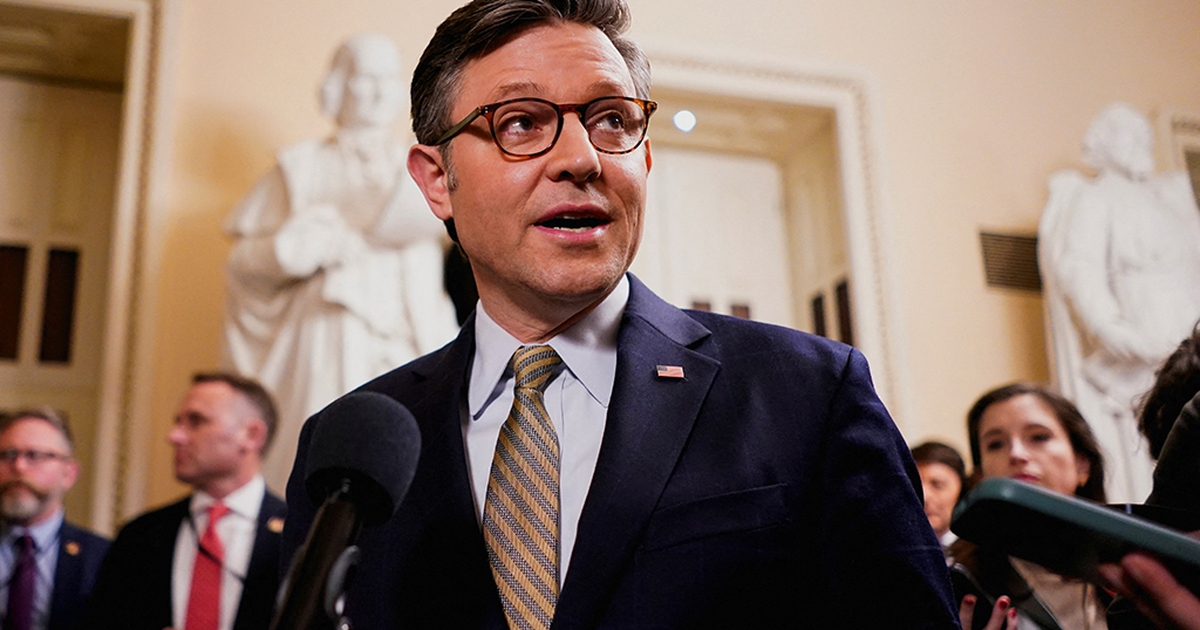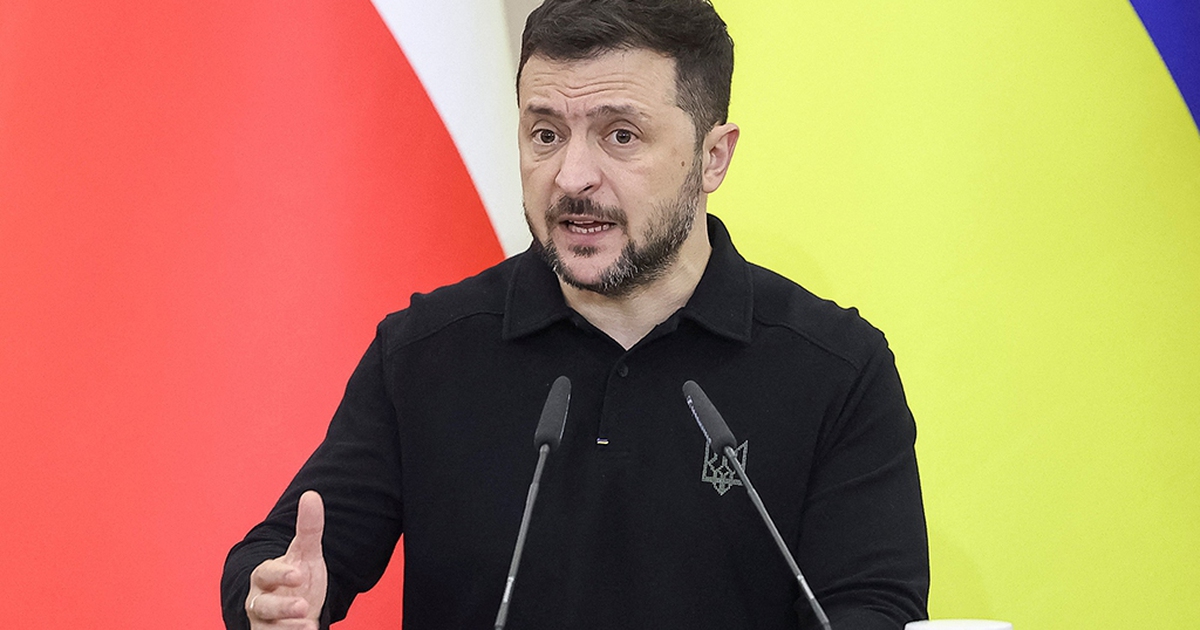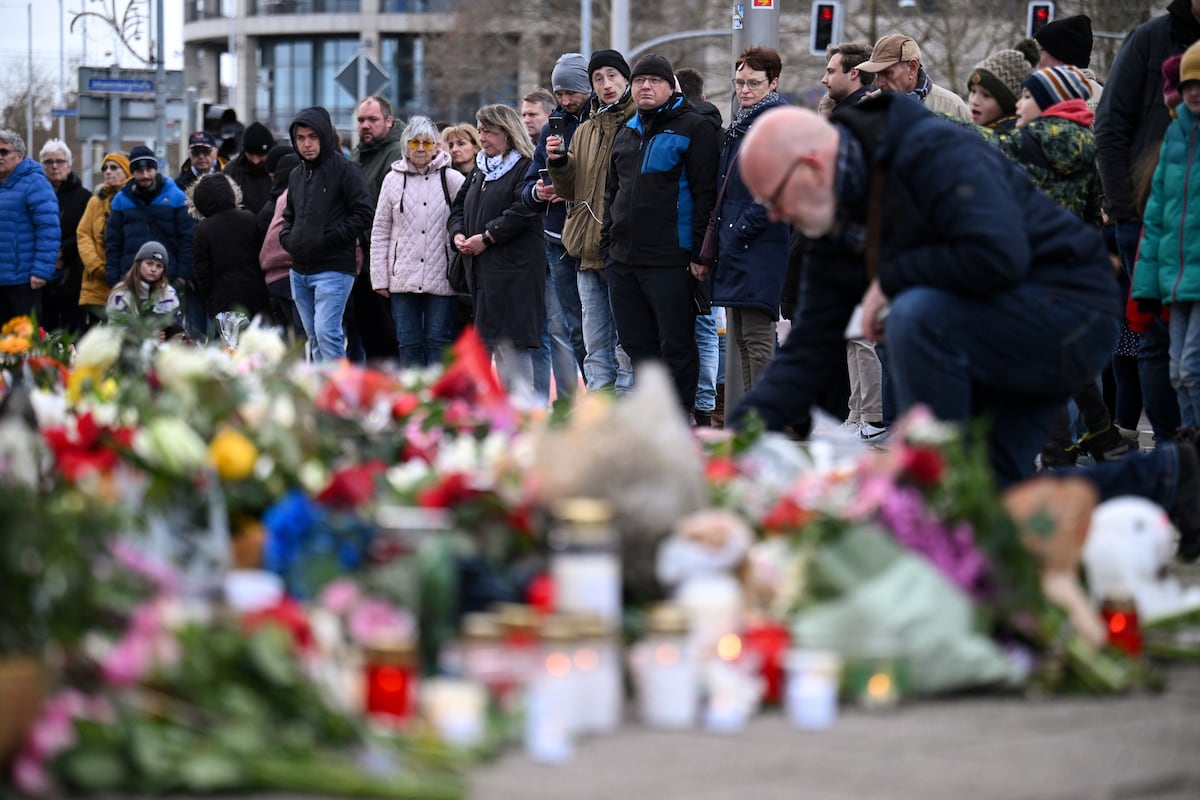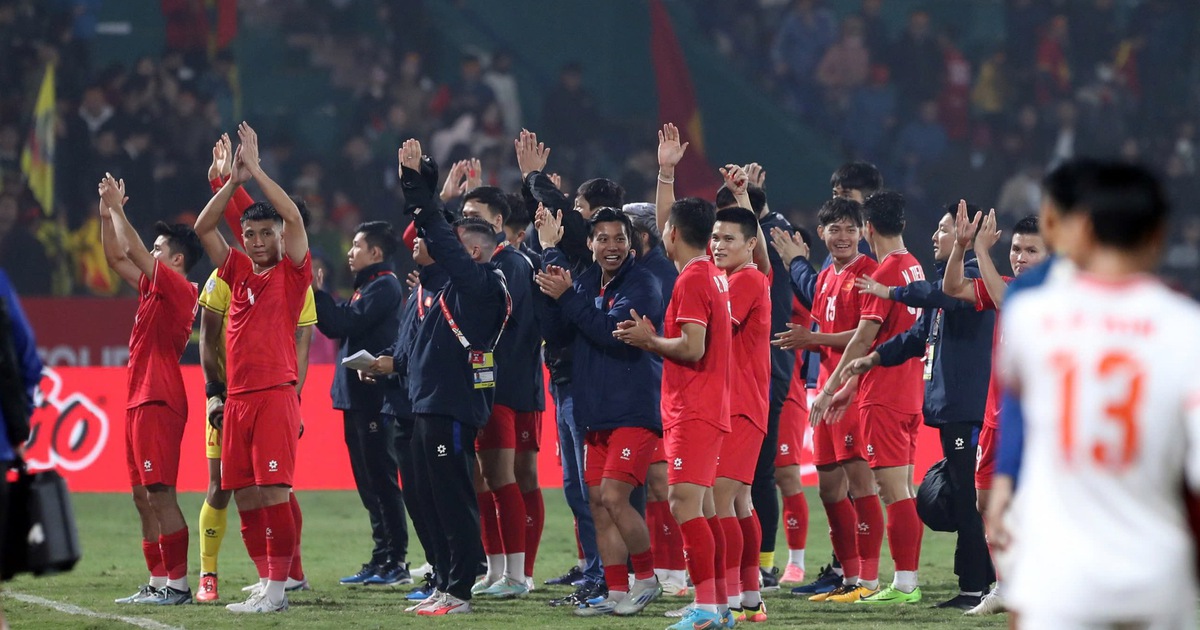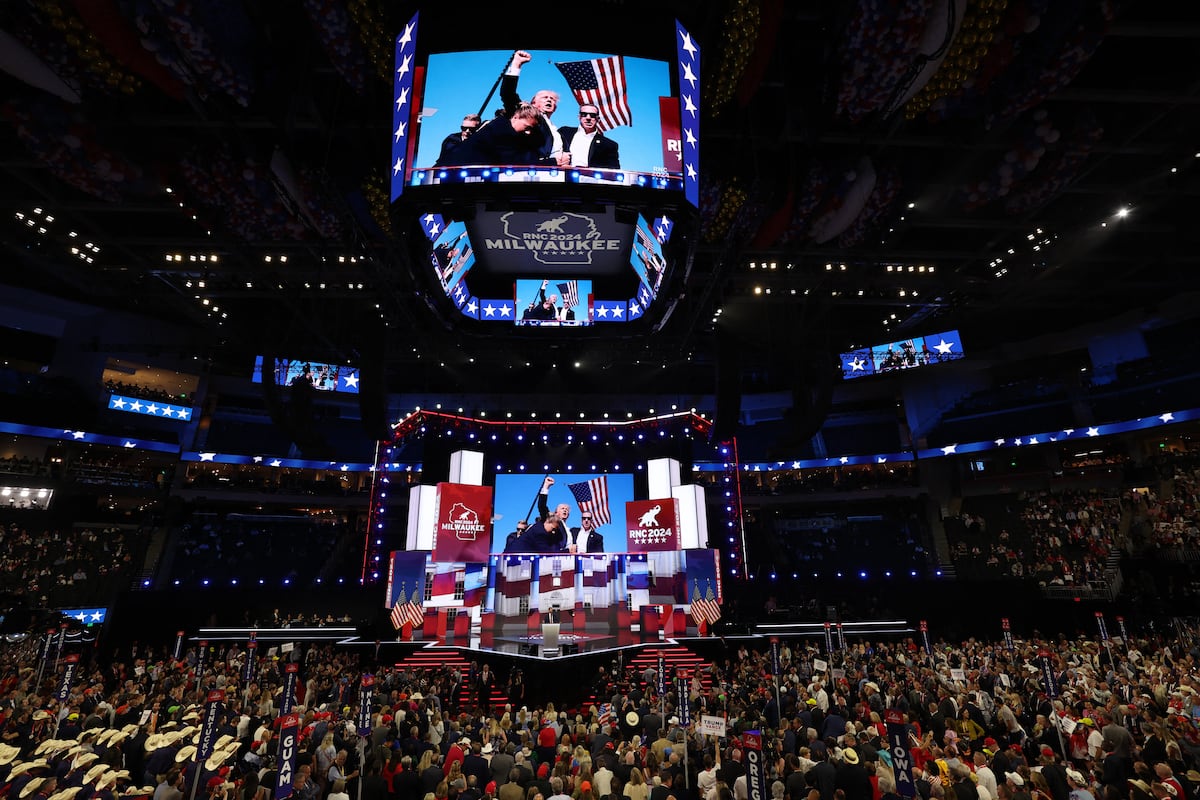France continues to move towards the unknown. This Thursday, French deputies will vote for the new president of the National Assembly in an unprecedented context of a Parliament fragmented into three blocks and without clear majorities after the legislative elections of July 7, where the left-wing coalition, grouped in the New Popular Front (NFP), won against all odds over a National Rally (RN) that all the polls had given as the favorite. The vote, scheduled for the afternoon, will be crucial not only because it will stage the new political configuration of the hemicycle and the balance of forces between blocks, but also because it will confirm or not the solidity of the NFP and allow to check its real possibilities of governing.
Having only obtained a relative majority of 195 deputies (182 from the unitary coalition plus 13 from the so-called diverse left) out of the 289 needed to achieve an absolute majority, a government exclusively of the NFP – assuming that Macron agreed to appoint a prime minister chosen by the NFP – would probably be overthrown within a few months, so the coalition will have to make agreements with other parties if it does not want to see its hopes fade away. Hence the importance of the fact that the NFP, caught up in a power struggle between La France Insoumise (LFI) and the Socialist Party (PS) and still unable to agree on a candidate for the post of prime minister, finally managed on Wednesday to nominate a common candidate for the presidency of the Assembly, after weeks of negotiations. The deputy for Puy-de-Dôme (northern France) and president of the Democratic and Republican Left group, which includes communists, André Chassaigne, has been appointed following the withdrawal of the environmentalist Cyrielle Chatelain. “We have a collective legitimacy to preside over the National Assembly,” he wrote in a tweet.
Opposing him on the right and centre spectrum are the Macronist and outgoing Speaker of Parliament, Yaël Braun-Pivet; the MP for Horizon – Édouard Philippe’s party that is part of the presidential coalition – Naïma Moutchou; the MP for Les Républiques Annie Genevard; and the centrist Charles de Courson, who at 72 is the oldest MP in the Assembly. The election of the President can take place in one, two or three rounds. To pass the first and second rounds, a candidate needs an absolute majority, and only a relative majority in the event of a third round. Given the division of Parliament into three large blocs, none of them should be able to elect a candidate in the first round, which makes it particularly important to nominate candidates capable of building bridges with the other groups or blocs.
The RN, whose prominence has drastically diminished since its defeat In the legislative elections in which it finished third in seats – a relative failure considering that the party of Le Pen and Jordan Bardella obtained the most votes and has gone from 89 to 143 seats just three years before the next presidential elections – it will present the outgoing vice-president of the National Assembly, Sébastien Chenu. The far-right politician, who lost to Braun-Pivet in 2022, is not “under any illusions”, he says. The Figaro. Both he and Le Pen are aware of the isolation imposed on them by the other formations, through the cordon sanitaire put in place to prevent them from coming to power in the legislative elections. In fact, the NFP has recently advocated applying the cordon sanitaire to prevent the RN from accessing the positions on the Assembly Bureau – made up of 22 members responsible for the organisation and internal functioning of Parliament – and the presidencies of parliamentary committees and delegations. For their part, the Macronists have assured that they would maintain their veto of the RN and LFI, while the LR candidate for the presidency of the Assembly, Annie Genevard, has declared herself against their exclusion.
The disunity of the NFP and the disappointment that its inability to choose a candidate for prime minister has created among its voters has been dominating the headlines of the French press for weeks. Some analysts even feared that they would not be able to go to the vote on Thursday with a single candidate. This morning, the leader of the ecologists, Marine Tondelier, expressed her weariness and immense disappointment at the “war of leadership” between LFI and the PS, which the ecologists and the communists have been reluctantly attending since July 7. “Hope is that the NFP will not be able to choose a candidate for prime minister. [que surgió en las elecciones legislativas] “Our anger has turned to anger, our joy has turned to shame,” said Tondelier, who believes that the dispute within the left benefits Marine Le Pen’s National Rally.
The uncertainty surrounding the future reconfiguration of Parliament is compounded by the unprecedented nature of the permanence of a resigning government and the serious doubts expressed by the other parties regarding respect for the separation of powers, due to the fact that some ministers will exceptionally combine their ministerial positions with those of deputies. On Tuesday afternoon, the French president, Emmanuel Macron, accepted the resignation of Gabriel Attal’s government, although he will continue to govern provisionally and with limited power. The transitional management of the Executive, which consists of making administrative decisions without political impact, could be extended until the start of the new academic year, in particular to ensure the smooth running of the Olympic Games. A totally unprecedented situation in the history of the Fifth Republic – the only time it happened in 1962, Pompidou’s transitional government only lasted nine days – and which could be extended even further given the configuration of the National Assembly without clear majorities.
Knowing what’s happening outside means understanding what’s going to happen inside, so don’t miss anything.
KEEP READING
Gabriel Attal, recently elected president of the Macronist group renamed Ensemble pour la République (EPR), is determined to try to capitalize on this new scenario, aware that Parliament has become the new centre of gravity of French politics. The resigning prime minister, who was dubbed for a time by the press as “the president of the European Parliament”, is now determined to try to capitalize on this new scenario, aware that Parliament has become the new centre of gravity of French politics.baby Macron” and who was described as “little brother” by the president himself, continues to distance himself from an increasingly isolated Macron and criticised by a large part of his own movement, after his decision to dissolve Parliament without consulting the government. Attal, interviewed on TF1 on Tuesday, said that his group was working on “an action pact for the French” with “proposals for measures and commitments” that he will propose to the other groups with which he will meet in the coming days, with the exception, he stressed, of the RN and France Insoumise (LFI). The 35-year-old politician also took the opportunity to attack the divisions within the left, alluding to the “desolate spectacle” that the French are witnessing. “We hear talk of people, of political formations, it is the party before the country,” he denounced.
Follow all the international information atFacebook andXor inour weekly newsletter.

